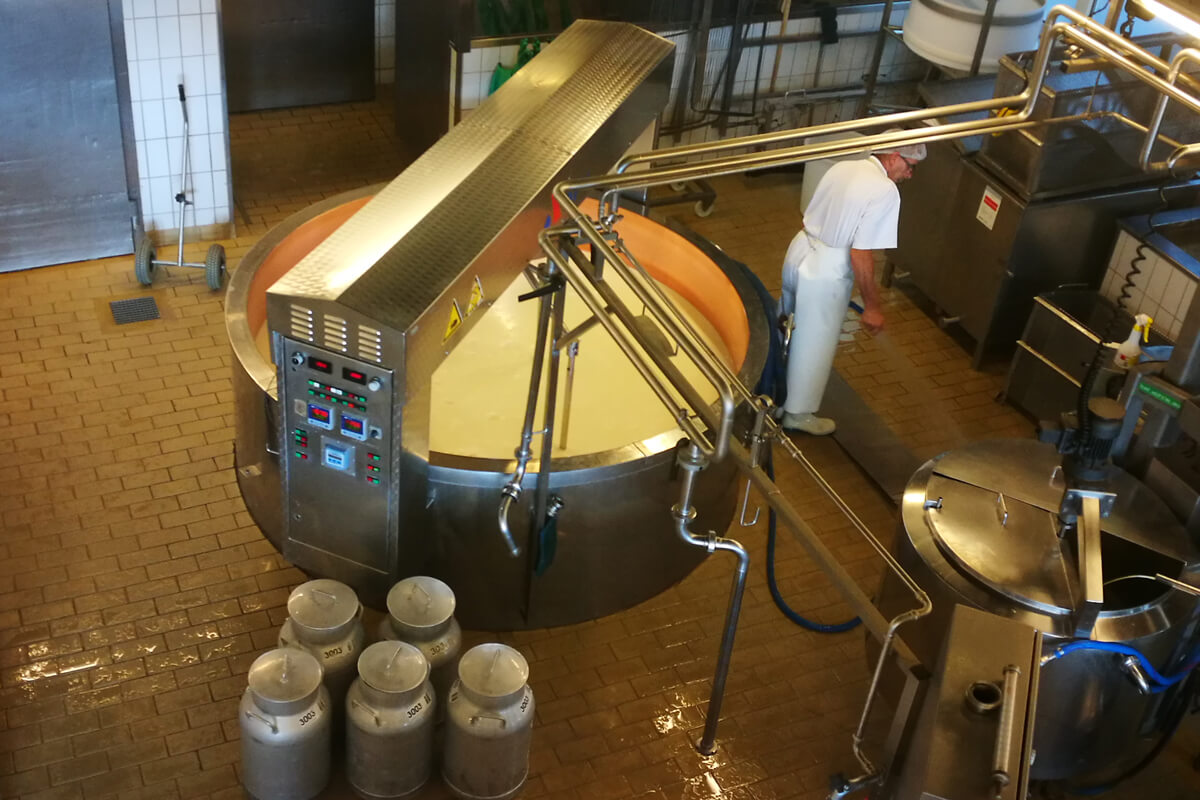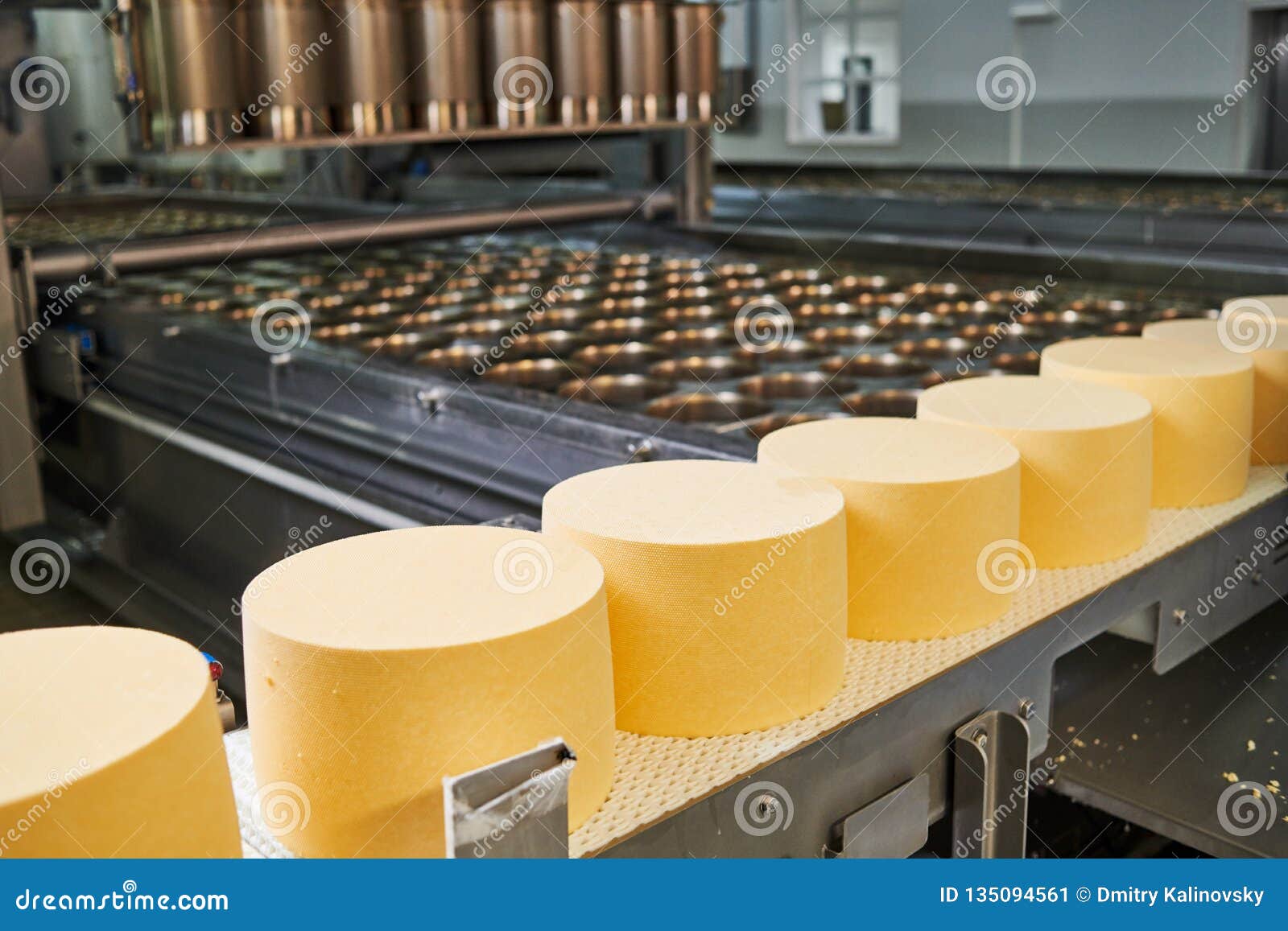Locate Your Fave Cheese at a Cheese Store Melbourne
Locate Your Fave Cheese at a Cheese Store Melbourne
Blog Article
An Extensive Take A Look At Cheese Production: Active Ingredients, Methods, and the Future of Artisan Cheeses
The elaborate process of cheese production is a fascinating merging of art and science, where top notch milk, rennet, and certain microbial cultures work as fundamental aspects. Traditional methods, such as salting and aging, are complemented by contemporary innovations that respond to advancing consumer choices. As the sector significantly focuses on sustainability and openness, the future of artisan cheeses guarantees to reflect both heritage and progress. Comprehending the subtleties of these practices elevates engaging concerns about the direction of cheese manufacturing and its implications for quality and authenticity. What lies ahead in this evolving landscape?
Key Active Ingredients in Cheese Manufacturing
A range of important components play a crucial role in cheese production, each contributing to the final item's flavor, appearance, and personality. The primary ingredient in cheese is milk, which can come from numerous sources, including cows, goats, and lamb - cheese shop melbourne. The kind of milk made use of significantly affects celebrity's preference and consistency; for example, cow's milk usually yields creamier cheeses, while goat's milk commonly produces zesty ranges
An additional crucial ingredient is rennet, an enzyme made use of to curdle the milk, separating it right into curds and whey. The resource of rennet can be animal, vegetable, or microbial, each giving unique features to the cheese.
Salt not only enhances the flavor but likewise acts as a chemical, preventing the growth of unfavorable germs. Additionally, different flavor agents, such as natural herbs, spices, or perhaps smoked timber, can be contributed to create one-of-a-kind artisanal cheeses. Together, these components create the structure of cheese manufacturing, setting the stage for varied and abundant cheese ranges.
Traditional Cheese-Making Techniques
Using standard cheese-making techniques, craftsmens all over the world preserve time-honored approaches that have actually been given through generations. These techniques usually stress the use of top notch, in your area sourced milk, which is central to the unique tastes and structures of artisanal cheeses. The procedure commonly begins with the mindful home heating of milk, complied with by the addition of societies and rennet to help with coagulation.
Once the curds create, they are reduced, enabling whey to drain pipes, an important step that affects moisture material and appearance. Salting is an essential facet of this procedure, boosting taste while likewise acting as a preservative.
Aging, or affinage, is one more vital element, during which cheeses create their particular fragrances and preferences. Artisans may utilize particular maturing atmospheres, making use of moisture and temperature controls to improve the cheese's account. The dedication to these conventional techniques not only supports local economies however additionally adds to the rich diversity of cheese selections found globally, celebrating social heritage and artisanal craftsmanship.
Modern Innovations in Cheese Production
Exactly how have technological advancements changed cheese production in current years? The integration of modern innovation has reinvented both the performance and top quality of cheese manufacturing.
In addition, developments in microbiology have actually made it possible for cheesemakers to pick particular microbial societies and enzymes, maximizing taste accounts and enhancing service life. The usage of sensor innovation for keeping track of fermentation problems has likewise ended up being common, permitting real-time modifications to maintain ideal settings for cheese aging.

These developments not just improve the top quality and sustainability of cheese production yet also empower craftsmen manufacturers to keep conventional tastes while embracing modern-day effectiveness. As innovation remains to evolve, the future of cheese manufacturing looks encouraging, look at this site mixing practice with innovation.
The Duty of Terroir in Cheese
In the realm of cheese manufacturing, terroir plays a critical role in specifying the distinct attributes of numerous cheeses. Terroir, a French term traditionally related to a glass of wine, includes the ecological variables that affect farming products, including soil make-up, environment, and regional flora and fauna. In cheese-making, the special qualities of the area where the milk is sourced can impart particular tastes and textures to the final product.
For example, the grazing problems of dairy pets dramatically impact the milk's structure, affected by the sorts of yards and natural herbs offered in a particular locale. This varies not only between countries yet likewise in between regions within the very same nation. Additionally, the microbial neighborhoods existing in the setting add to the fermentation procedures, bring about diverse accounts in taste and fragrance.
Cheeses such as Roquefort, Parmigiano-Reggiano, and Cheddar exhibit how terroir can form their identifications, making them distinctive and frequently protected by geographical indications. As producers significantly acknowledge the significance of terroir, there is an expanding look at this site emphasis on sourcing local components and maintaining conventional methods, ensuring that each cheese genuinely mirrors its beginning.

Future Patterns in Artisan Cheeses
A notable shift is taking place in the artisan cheese field, driven by evolving customer choices and technological developments. Significantly, consumers are inclining one-of-a-kind, top quality products that highlight both sustainability and neighborhood sourcing - cheese shop melbourne. This pattern is prompting artisan cheesemakers to introduce, concentrating on small-batch production and making use of traditional strategies while incorporating modern technology to improve high quality and safety and security
Moreover, there is a growing interest in plant-based and alternate milk items, pressing traditional cheesemakers to discover new avenues, such as cashew or almond-based cheeses. This change not only accommodates nutritional limitations but likewise straightens with ecological problems relating to pet agriculture.
Furthermore, openness in sourcing and manufacturing processes is ending up being vital. Customers are much more enlightened and need traceability, motivating manufacturers to adopt clearer labeling practices and participate in narration that highlights their methods and values.
Verdict
In conclusion, the detailed process of cheese production melds traditional strategies with modern developments, leading to a varied variety of flavors and structures. The focus More about the author on top quality components and the impact of terroir highlight the virtuosity included in cheese production. As the market advances, a concentrate on sustainability and transparency will likely shape the future of artisan cheeses, accommodating a progressively critical customer base that values credibility and workmanship in dairy products.
Report this page